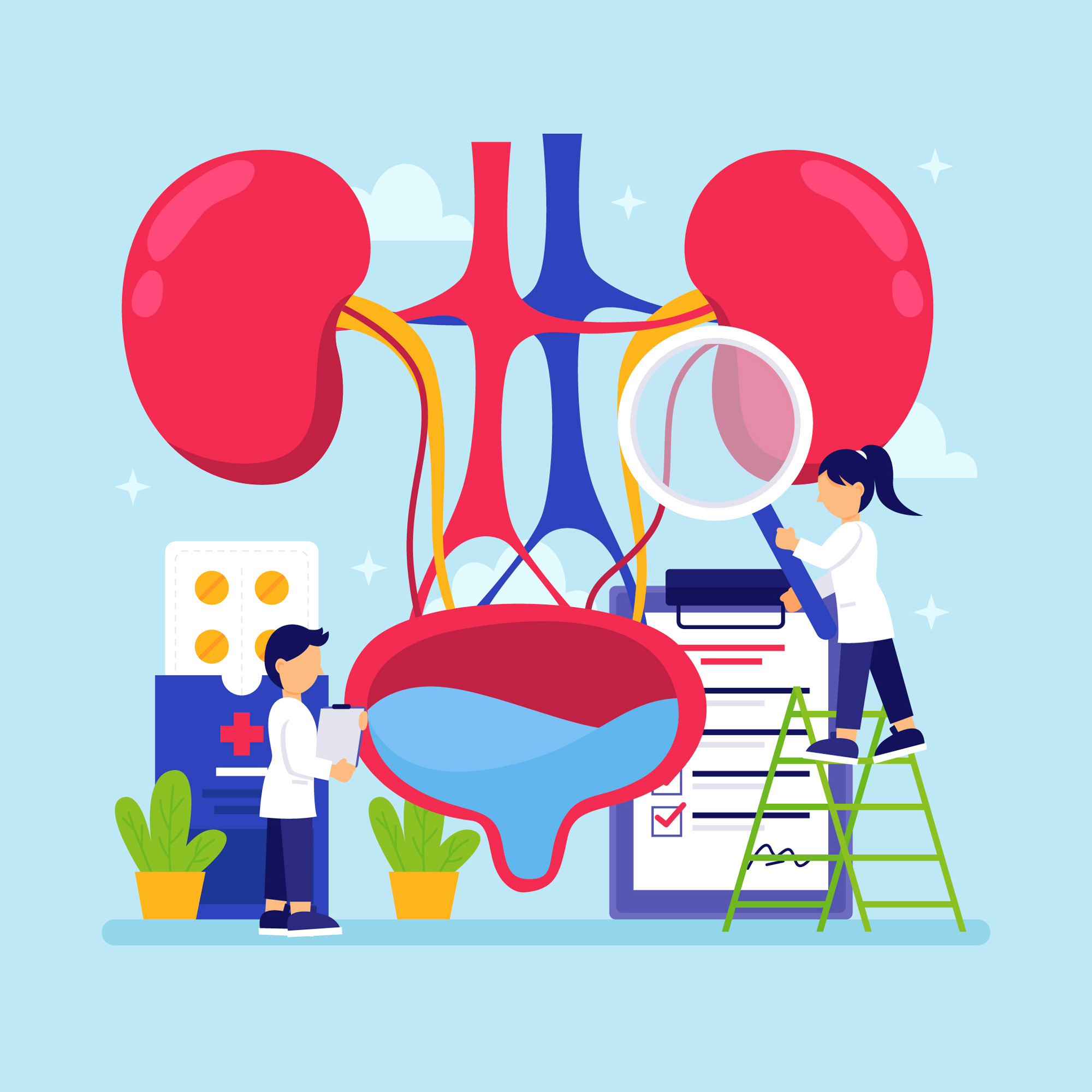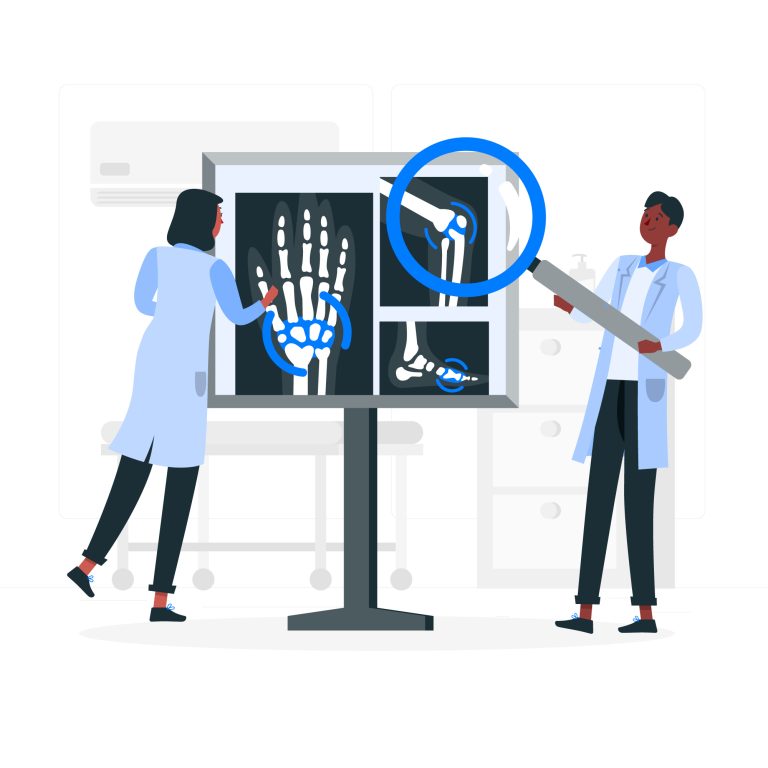Endocrinology
Balancing Hormones: Comparing Traditional and Modern Approaches to Endocrine Health
Hormonal imbalances affect many aspects of health, and different cultures have developed various methods to address them. Traditional approaches to balancing hormones often involve herbal remedies, dietary practices, and lifestyle changes rooted in ancient wisdom. For example, Ayurveda recommends ashwagandha and shatavari for hormonal balance, while Traditional Chinese Medicine (TCM) emphasizes acupuncture and herbs like ginseng and dong quai. These practices focus on restoring balance in the body through natural means and are still widely used in many cultures today.

In contrast, modern medical approaches rely on advanced diagnostics and treatments to manage endocrine disorders. Hormone replacement therapy (HRT), synthetic hormones, and medications targeting specific glands are common in treating conditions like thyroid dysfunction, diabetes, and adrenal insufficiency. These treatments are backed by scientific research and are tailored to individual needs based on precise diagnostic tests like blood work and imaging.
Regarding diagnosis and management, traditional methods often emphasize holistic assessments, considering the body’s balance and energy. In Ayurveda, for instance, a practitioner might evaluate a patient’s dosha (body constitution) to determine the best course of treatment. On the other hand, modern medicine uses detailed diagnostic tools to identify specific hormonal imbalances and treat them directly.
The effectiveness of traditional versus modern approaches varies. Traditional remedies can offer relief with fewer side effects, especially for mild imbalances, but they may lack the rigorous evidence and consistency of modern treatments. Modern medicine, while effective, can sometimes overlook the holistic aspects of health that traditional practices emphasize, potentially leading to a more fragmented approach to care.
Integrative approaches that combine traditional wisdom with modern medicine are gaining traction. For instance, incorporating stress-reduction techniques from conventional practices, such as yoga or meditation, alongside HRT can enhance overall outcomes. This comprehensive approach recognizes the value of both systems and tailors treatment to the individual.
Real-world examples illustrate the impact of these approaches. In India, many patients use Ayurvedic treatments alongside conventional medicine for thyroid disorders, finding a balance that improves their overall well-being. In Western countries, more patients are exploring integrative medicine, combining supplements with conventional hormone treatments to address conditions like menopause.
In conclusion, effectively balancing hormones requires understanding both traditional and modern approaches. By integrating the best of both, healthcare providers can offer more comprehensive and personalized care, leading to better outcomes for patients with hormonal imbalances.


